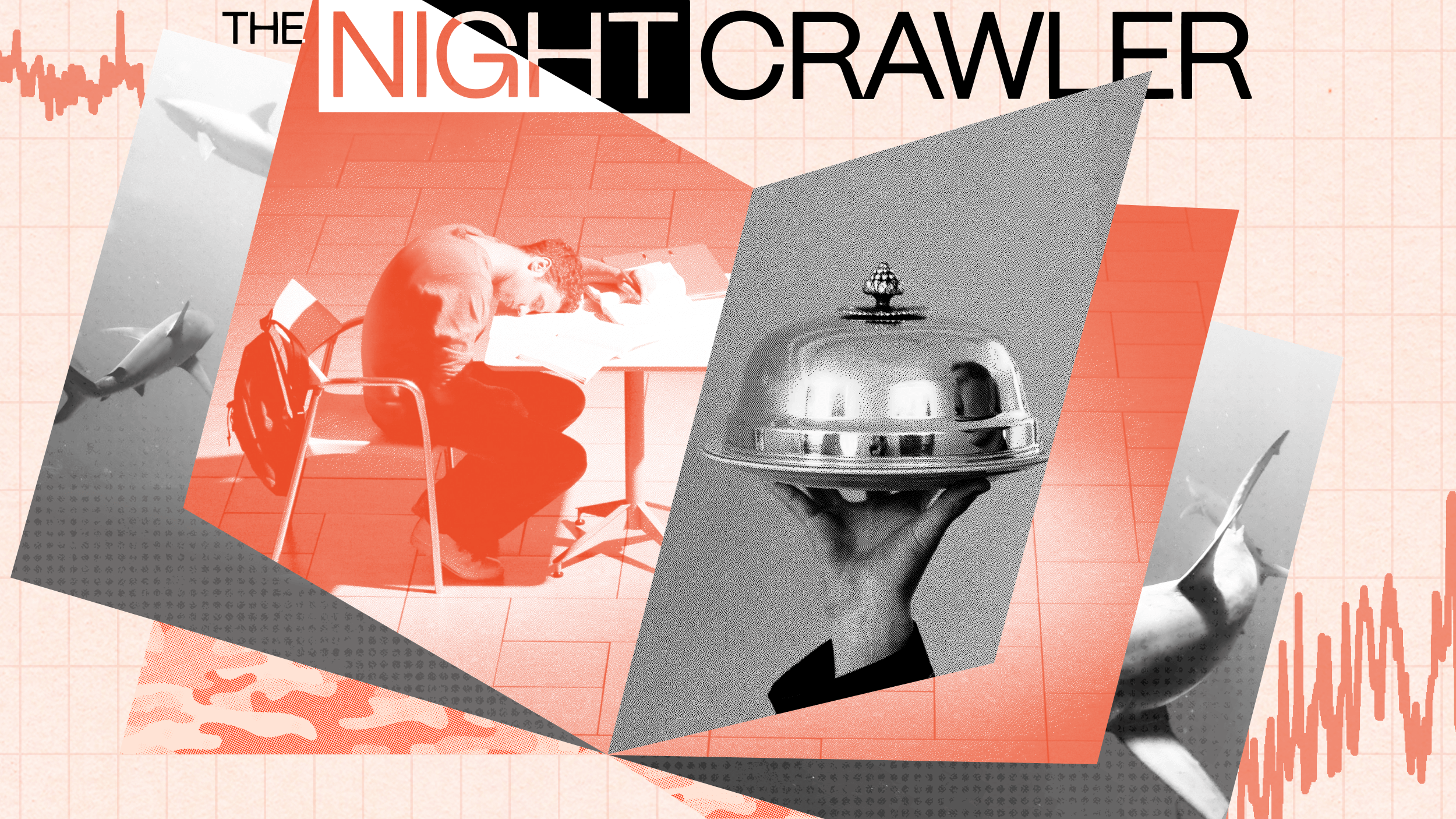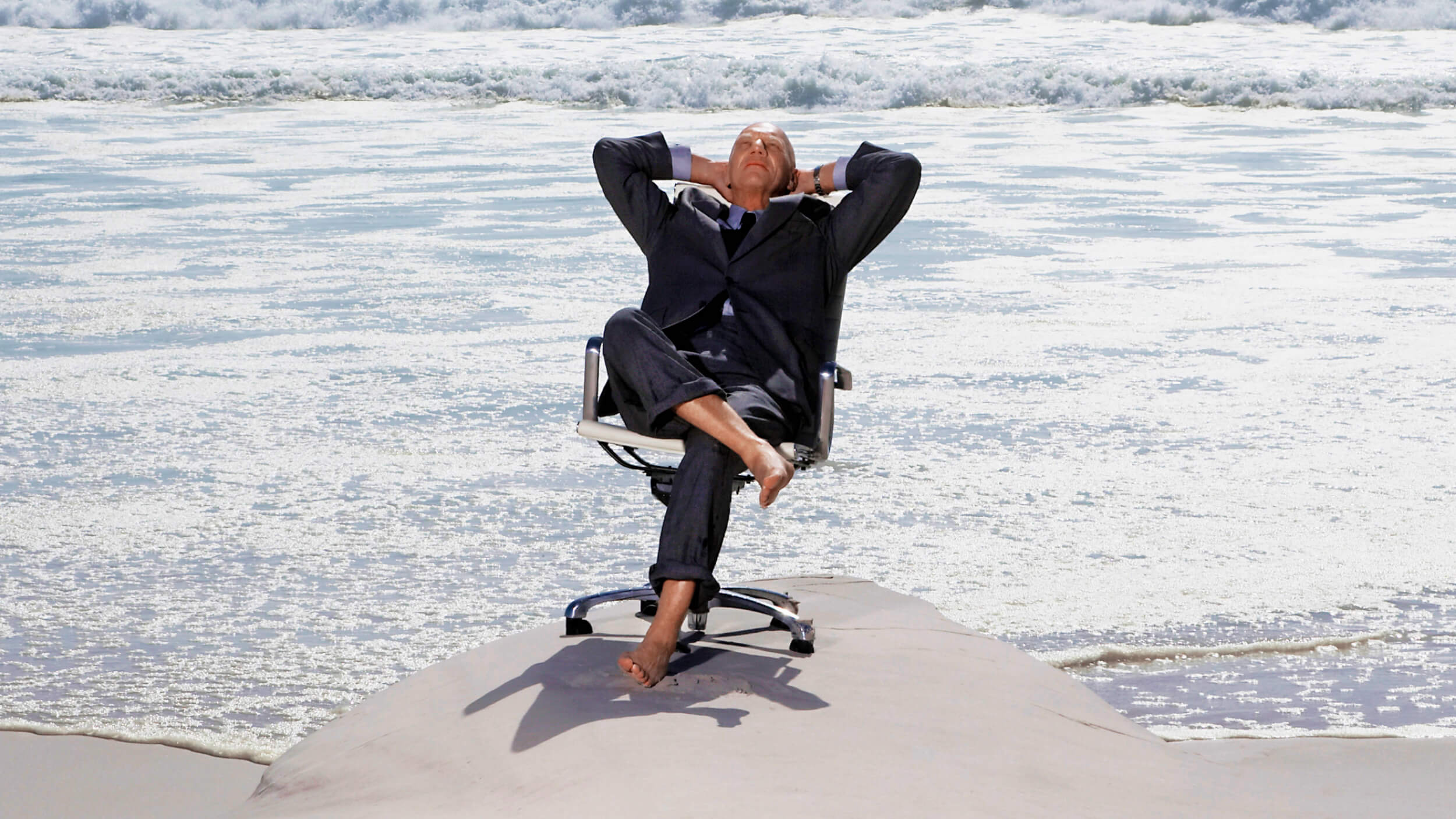How the 3 pillars of “unreasonable hospitality” can transform any business

- No matter what business you’re in, you can improve customer relationships by leveling up hospitality.
- “Unreasonable hospitality” aims to create bespoke experiences that deliver best-in-class service for each client.
- To cultivate unreasonable hospitality, collaborate on your core values, build a feedback culture, and connect with your team every day.
When a patron called Eleven Madison Park, a Michelin 3-star restaurant in New York City, to share that his father enjoyed Budweiser with his meals, the staff went to work. They visited the neighborhood bodegas and bought every kind of Budweiser they could find. When the father arrived that evening, they pushed a champagne cart to his table filled with Bud instead of the usual French bubbles.
At the time, Eleven Madison Park was ranked the No. 1 restaurant worldwide. But when asked about his experience a few years later, the father couldn’t remember what he ate, but he never forgot how the staff made him feel: like he belonged.
Will Guidara, former co-owner of Eleven Madison Park and author of Unreasonable Hospitality, shared this story with Big Think+ to illustrate how Eleven Madison Park achieved its success. It wasn’t the innovative cuisine — exceptional though it was — but the staff’s ability to provide experiences that consistently exceeded patrons’ expectations. This became the restaurant’s competitive advantage, and it’s something all businesses, not just those in food service, should learn how to do.
That’s because while there will always be a new trend, technology, or thingamajig coming onto the market to replace what you’re selling, how you make people feel builds irreplaceable relationships. What’s more, customers will share their memorable experiences with others, creating powerful word-of-mouth referrals that outshine even the best marketing campaigns.
The key to this relationship-building feat is what Guidara calls “unreasonable hospitality.” During his interview with Big Think+, he shared why this approach is so successful and how to build it into your work culture.
What does “unreasonable hospitality” mean?
When it comes to hospitality, we often think of hotels, casinos, restaurants, and tourism, but chances are, whatever type of business you’re in also delivers a service. In fact, the service sector represents more than three-fourths of the U.S. economy and around 50% of all employment worldwide.
That said, service and hospitality are not synonymous. Service is what you do; hospitality is how people feel when you’re doing your thing, whether you’re providing a service or selling a product. Eleven Madison Park’s service is cooking and serving food. Its hospitality comes from the culinary experience created around that service.
So while not all service industries will be hospitality-forward, no matter what your service is, you can level it up by delivering your customers unreasonable hospitality. The “unreasonable” qualifier comes from the relentless pursuit of being the best at not only what you do but how you do it. It’s a holistic approach that combines product or service with relationship-building to nurture long-lasting, emotional connections through impeccable delivery — and doing so consistently.
How to deliver unreasonable hospitality
Unreasonable hospitality may sound, well, unreasonable. However, the concept can be built into your organization’s culture, workflows, and even user interfaces (if you’re an online-exclusive business).
Consider the online pet food retailer Chewy. If a customer forgets to cancel a subscription after their pet dies, they may receive a bag of food they no longer need. Chewy can’t take back food, so they suggest donating the bag to a local shelter. However, they go a step beyond that: They also send flowers as a gesture of condolence. Costly? Yes, but also a perfect demonstration of unreasonable hospitality.
No matter what business you’re in, says Guidara, whether you interact with your clients in person, on Zoom, or through a website, there are three keys to delivering unreasonable hospitality for your client. They are:
- Be present. Slow down and listen to those around you. With so many distractions in our multitasking culture, this is a simple action, yet often hard to do.
- Take what you do seriously (but yourself less seriously). Allow what’s best for your client — not what seems to align with your brand — to dictate the rules. Low-brow beer on a champagne cart, for instance.
- Treat people as unique individuals. Give them bespoke experiences that align with who they are.
“The best form of hospitality is not one-size-fits-all. It’s one-size-fits-one,” Guidara says. “Hospitality is about being creative and intentional in pursuit of relationships.”

3 ways to cultivate unreasonable hospitality
Delivering unreasonable hospitality starts with creating a workplace culture that supports the concept. Guidara says this means baking authenticity into every interaction, so each staffer feels valued and seen and knows that their contributions matter.
Here’s his three-part checklist to help get your culture there.
1. Identify your core values
Create a rock-solid foundation of core business values that everyone can buy into by asking team members to help identify what is most important to them. By actively participating in the process, they become invested and incentivized to uphold and embody them.
For example, Eleven Madison Park’s team distilled their core values down to four easy-to-remember words:
- Hospitality. Deriving genuine pleasure by helping others.
- Excellence. Striving for perfection and getting as close as possible.
- Education. Creating a culture where everyone is learning and teaching.
- Passion. Wanting to provide unreasonable hospitality.
“Knowing those four words helped guide us as we hired people in the years that followed but the real power of them was that our entire team helped articulate them,” Guidara says. “It was game-changing.”
2. Normalize feedback
While praise always feels good and is easy to dole out, constructive criticism offers a bigger payoff. Taking the time to correct and give suggestions shows unreasonable hospitality towards team members by investing in their growth.
To keep criticism from being scary for those involved, Guidara follows five rules:
- Criticize the behavior, not the person.
- Criticize without emotion.
- Criticize in private, not in public.
- Be willing to criticize yourself.
- Don’t get defensive, or people will stop investing in you.
Make feedback a natural part of your culture by giving it regularly, which will take the sting away and be something your team members look forward to.
3. Have a daily huddle
If your business has weekly or monthly staff meetings, Guidara suggests stepping up the frequency. A daily check-in can foster creativity and goodwill among the staff and amp up their drive to follow the principles of unreasonable hospitality.
Restaurants often have a daily staff huddle before opening, but these can be wasted on the bits and bobs that could be dealt with over email, such as a new menu item or the night’s wine-by-the-glass recommendation. Other businesses seldom fare better, carrying out meetings with rote lists and formats leftover from the fax machine era.
Hospitality is about being creative and intentional in pursuit of relationships.
Will Guidara
Instead, these daily mini-meetings should be opportunities for consistent, deep connections with your staff. They don’t have to look the same either. One day, you may share a positive interaction with a client; on another, you might give the floor to a colleague and let them share.
“In my restaurant, that meeting was the most important 30 minutes of the day,” Guidara says. “When done well it’s the most culturally transformative thing a leader can do with their team.”
Be unreasonable intentionally
Unreasonable hospitality propelled Eleven Madison Park to stratospheric success. By focusing on its clients’ needs as much as what was being served on the plate, the team created unforgettable experiences night after night, making connections with its patrons and forging long-lasting ties.
It’s something all service-based businesses can do. Unreasonable hospitality may sound contradictory, and even a little odd at first, but operating with intentional generosity can turn your business into its most successful — and profitable — version.
“We might sell people different stuff, but we’re all in the business of serving other people,” Guidara says, “and I believe if you do that through the lens of hospitality, you will be more successful.”




